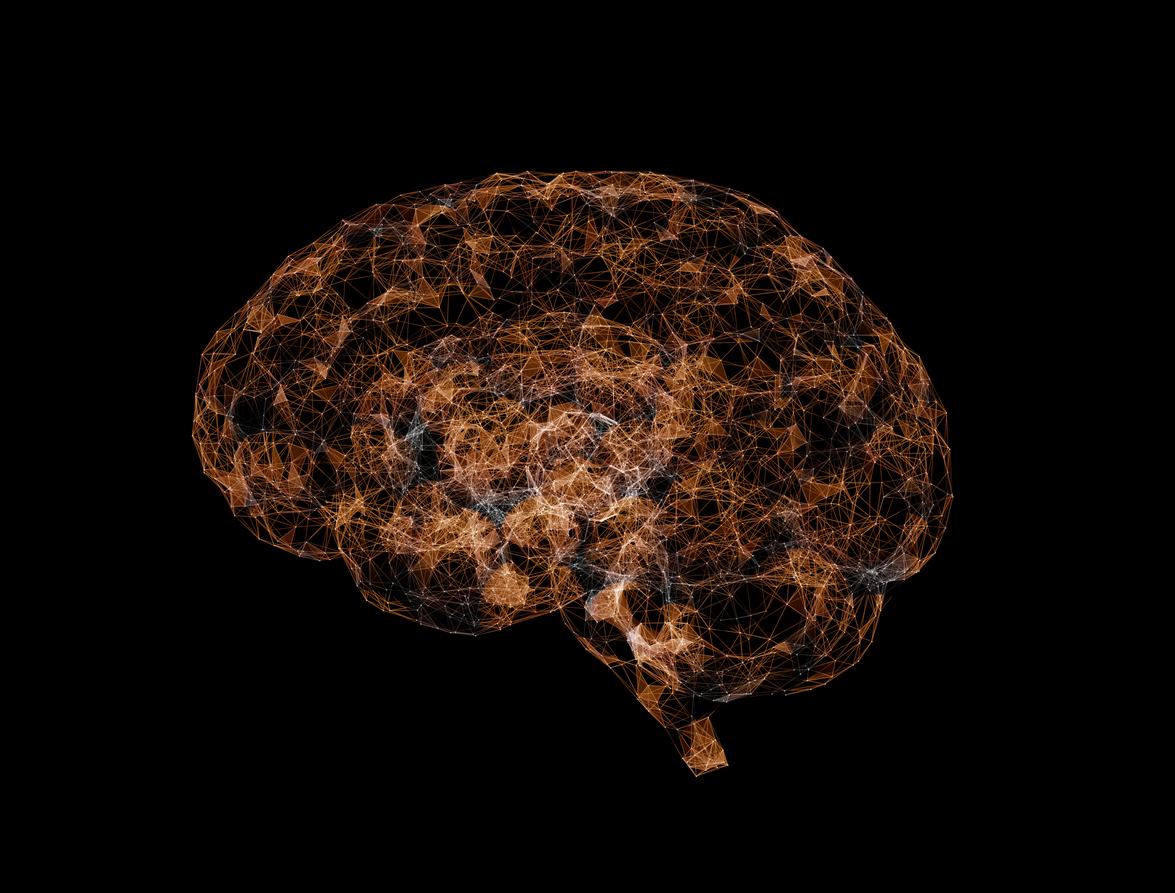During a viral infection, such as Zika, cells of the immune system activate to fight the virus. But the action of some of them can have neurological consequences.

- Viral infections can have neurological consequences.
- They are linked to immune cells, and not to the virus itself.
- The overproduction of certain inflammatory proteins disrupts the activity of immune cells.
Certain infections can have consequences on neurological health. This is particularly the case for Zika, a disease transmitted by mosquitoes. Researchers from McMaster University, in Canada, wanted to understand the cause of these “damage neurological“. In their conclusions, published in Nature Communicationsthey explain that it is not the virus itself that is responsible, but rather the reaction of the immune system.
Infection: a study on mouse immune cells to understand the effects of Zika
“We wanted to understand why so many viral infections are associated with neurological diseasesspecifies Elizabeth Balint, director of this study, in the preamble. Our evidence suggests that it is not the virus itself that causes this damage, but a unique population of T cells, which are part of the immune system.” These conclusions were obtained after research on the Zika virus. Canadian scientists carried out various laboratory tests on mice. They transmitted the virus to these animals and observed their body’s reactions. Unsurprisingly, they found T cells specific to the Zika virus and designed to eliminate infected cells.”What was interesting about our study was that although we found Zika-specific T cells, we identified cells that did not function like normal T cells and killed many cells that were not infected with Zika. Zika.” These cells are called: NKG2D+CD8+ T cells. According to the study authors, their aggressive response to infection is responsible for the neurological damage caused by infections whether with the Zika virus, Covid-19 or other infectious agents.
Immunity and infection: overproduction of proteins responsible for neurological effects
According to their findings, this aggressive response is the result of the body producing large amounts of inflammatory proteins called cytokines. When produced in normal amounts, they help coordinate the body’s response in fighting infection or injury. In particular, they tell immune cells where to go and what to do when they arrive in the area concerned. “If our body’s immune cells overreact and produce too many inflammatory cytokines, this leads to non-specific activation of our immune cells, which causes collateral damage.explains Ali A. Ashkar, co-author of the study. This can have serious consequences if it happens in the brain.”
Zika, Covid-19: a future treatment against neurological effects?
For Canadian researchers, this discovery opens new perspectives for the treatment of neurological diseases triggered by acute viral infections. Elizabeth Balint has already experimented with an antibody. According to Ali A. Ashkar, he is “capable of completely blocking and treating devastating neurotoxicity in the animal model” and has already “is the subject of clinical trials for different uses in humans”. Future work is planned to achieve an effective treatment but also to test this discovery on other viruses.


















